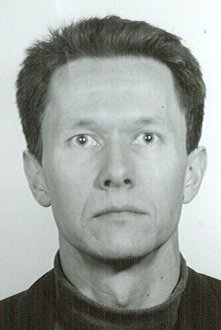Michael Tåhlin, born in Sollentuna, Sweden, in 1957. Ph.D. from Stockholm University. Associate Professor of Sociology at Stockholm University.
Fellow (1 February 1997 – 30 June 1997)
As a member of the research nucleus “Stratification in Eastern and Western Europe in the 1990s”, headed by Wout Ultee, the main purpose of my five-month stay at NIAS was to collaborate with other members of this group on several projects that we had started some time before arriving to the Netherlands. In addition, I had ideas of my own on analyses I wanted to carry out on a separate, if related, topic.
Together with Thomas DiPrete, Paul de Graaf, and Ruud Luijkx in the Stratification group, I am working on a project that concerns the relationship between structural change and job mobility in four countries: Germany, the Netherlands, Sweden, and the United States. During the NIAS year of 1996/97, one comprehensive paper was completed on this project. It is to be published in the September 1997 issue of the American Journal of Sociology.
My own project is about the relationship between equality and efficiency. According to a conventional economic view, there is a fundamental trade-off between the two, because individual incentives are destroyed as the distribution of rewards contracts. In order to examine this trade-off empirically, I distinguish a more specific issue: the impact of wage inequality on rates of job mobility. This is the topic that has occupied most of my time at NIAS. The result is a long paper, “Opposites attract? How inequality affects mobility in the labor market”.
In addition, I started a project at NIAS together with my co-fellow Thomas DiPrete. It involves the combining of individual-level labour market data with information on personnel dynamics at the establishment level. This combination will allow us to examine the linkage between demand- and supply-based labour market processes to an extent that has not been done in previous research in the field. We have already come a long way in this project. Essentially all the data are prepared, preliminary theoretical ideas are presented in an internal discussion paper, and the empirical analysis starts this summer.
